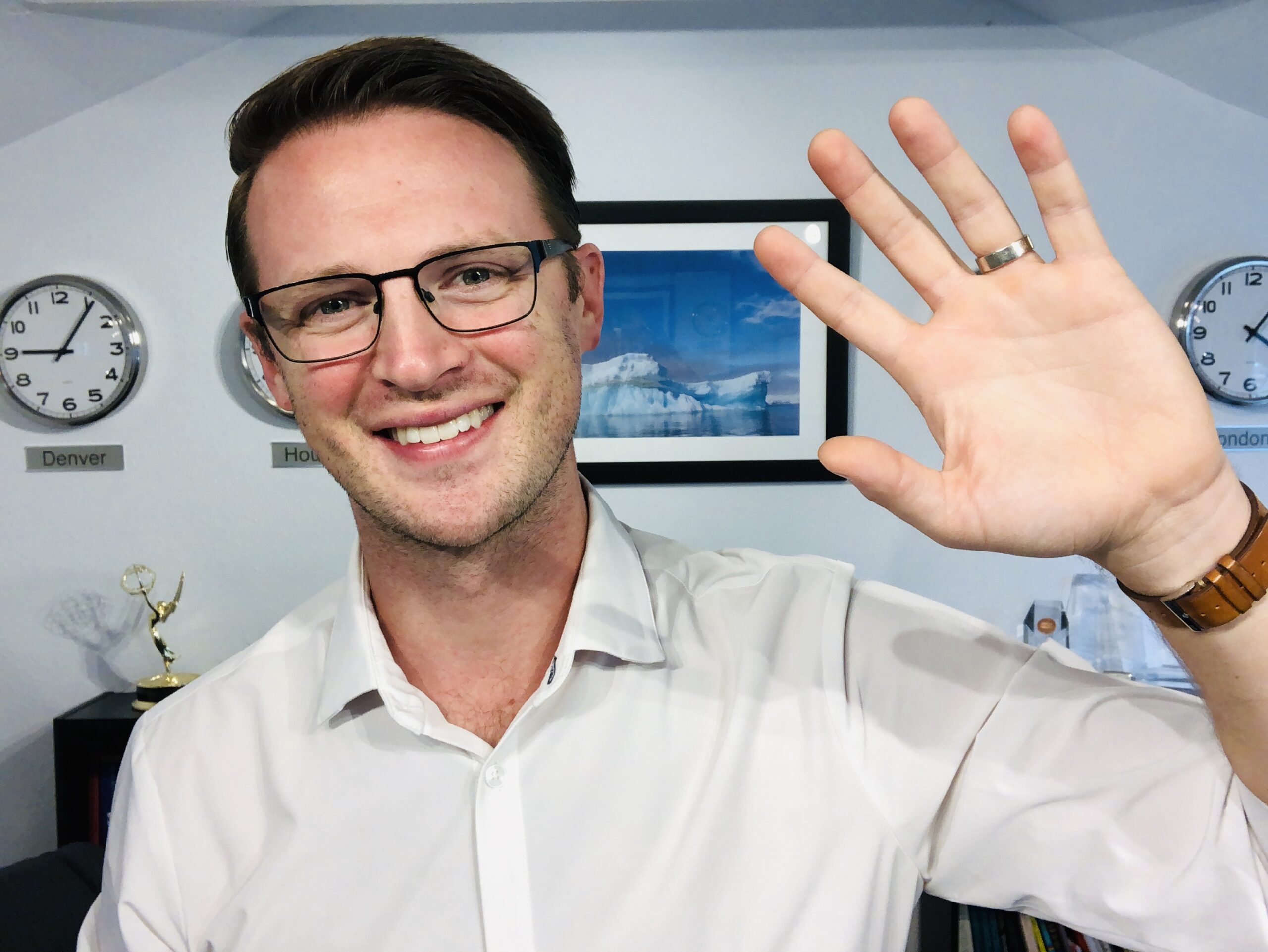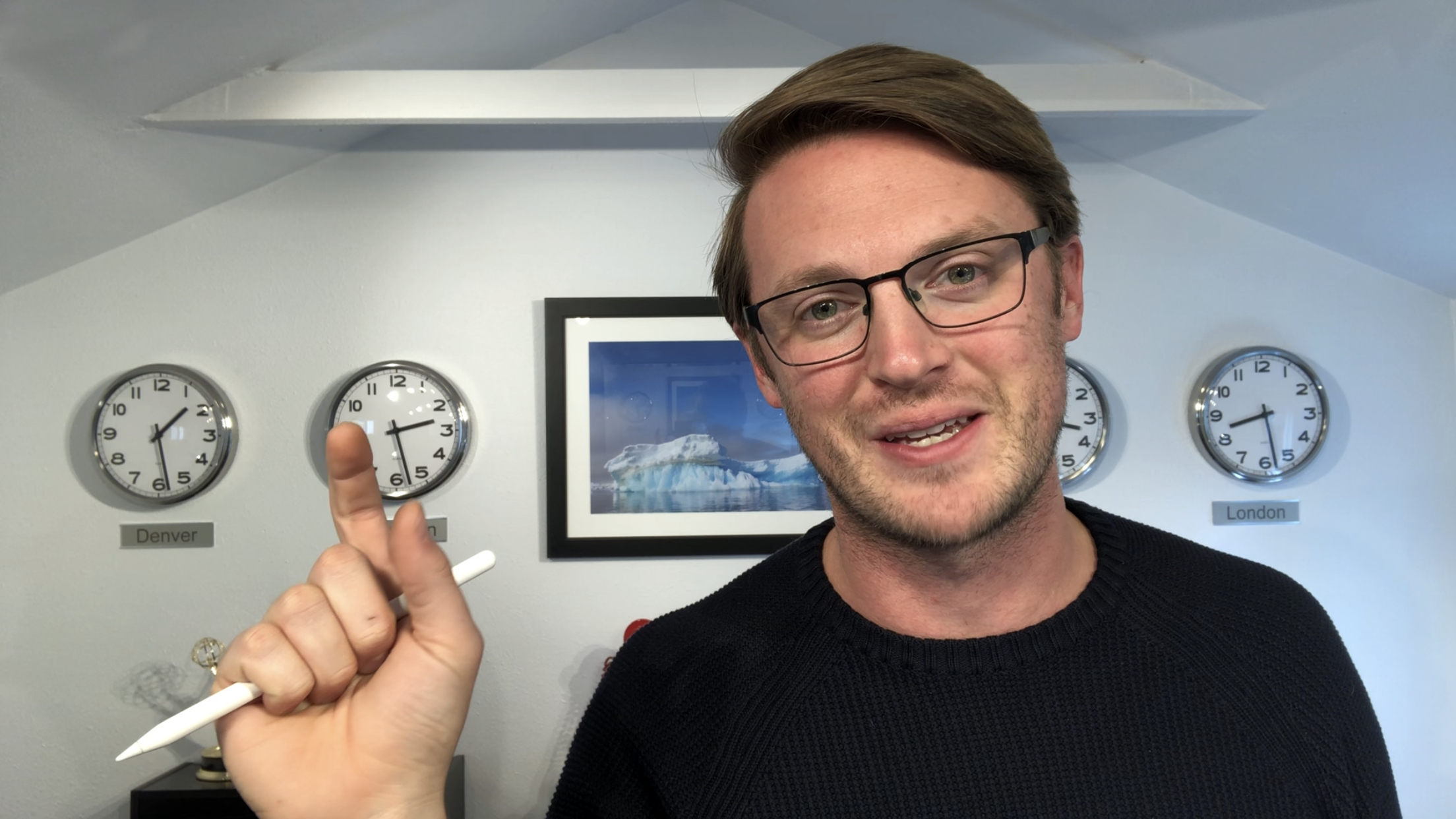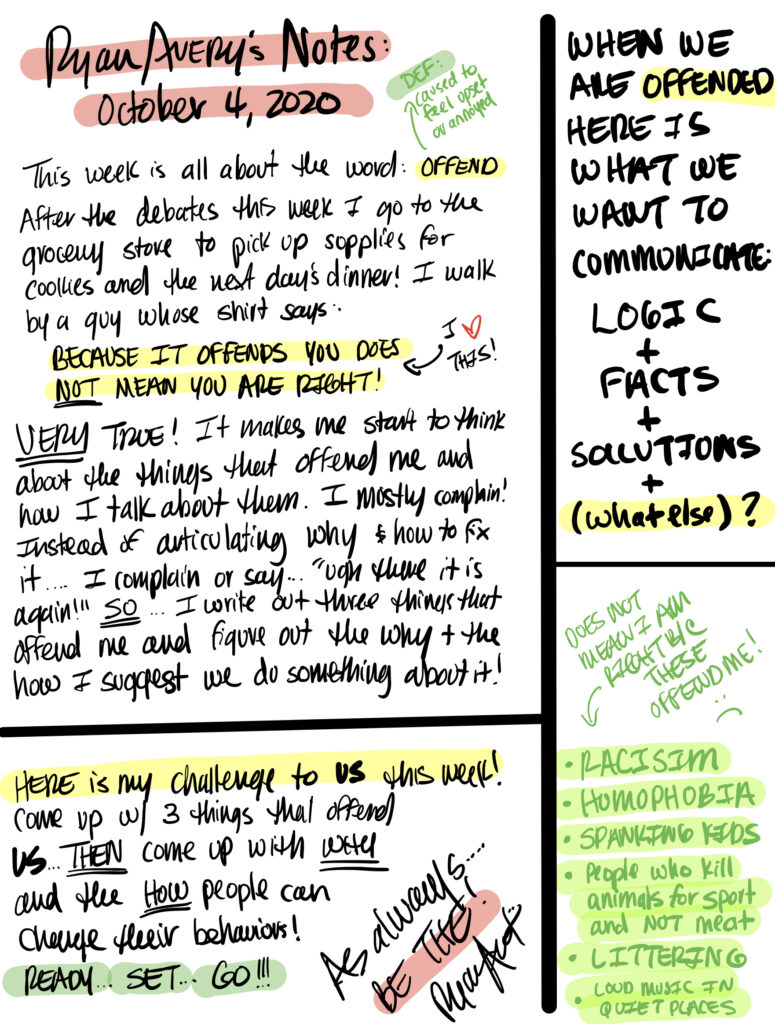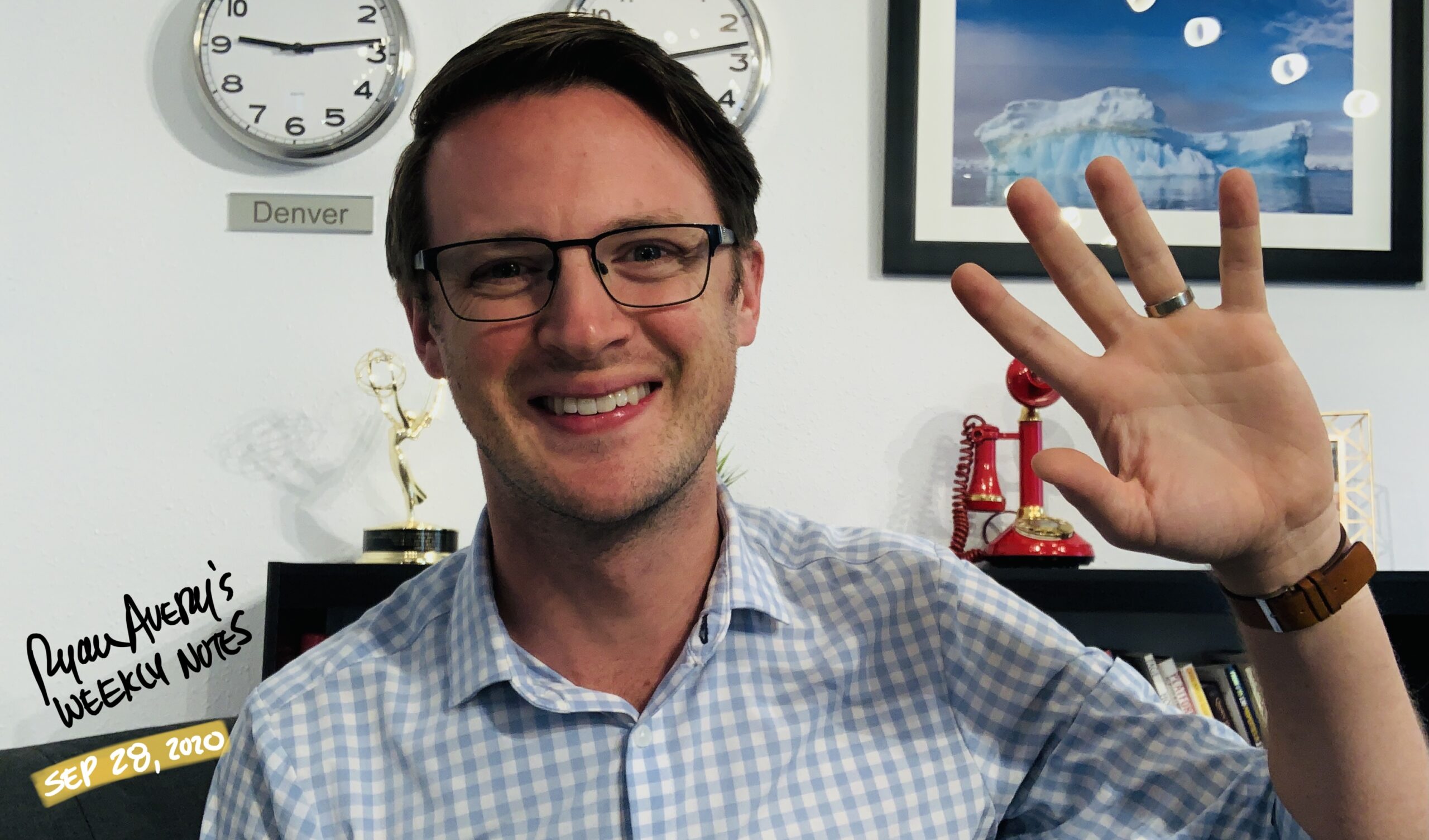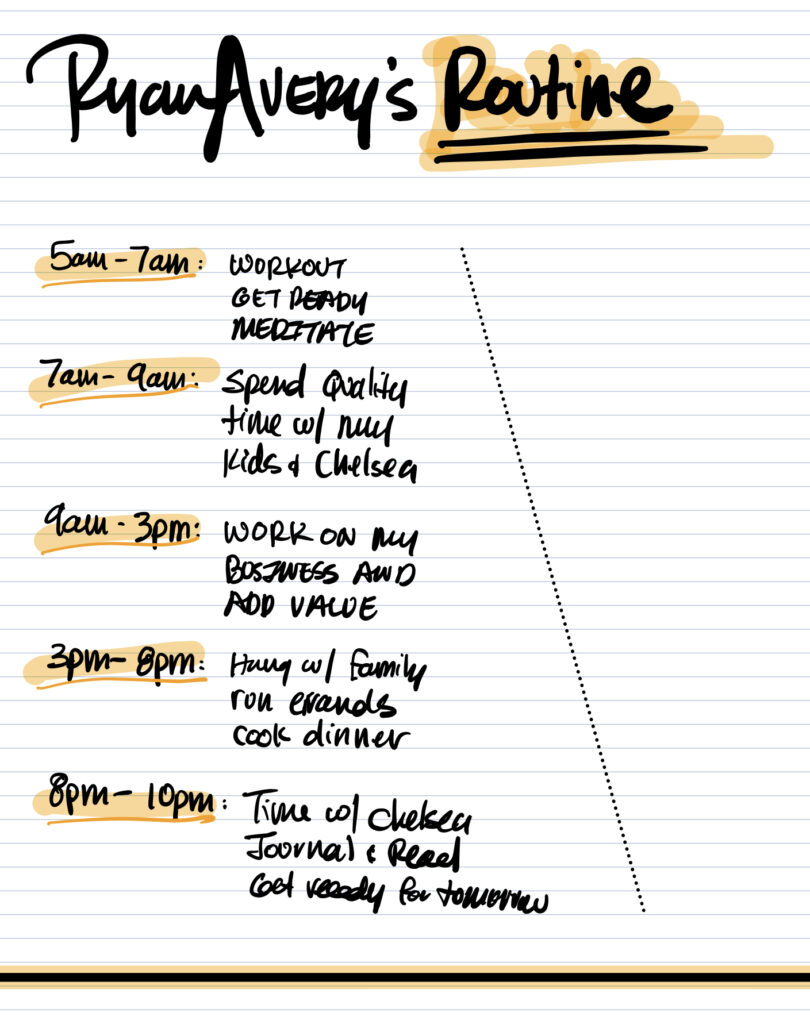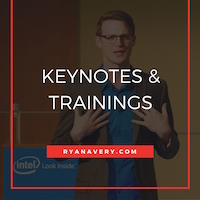
In our journey towards personal growth and fulfillment, there are two concepts I see often people (myself included) getting wrong or not paying attention too that that is the difference between being open versus being inviting. Understanding the small nuances between these two concepts can significantly impact how we navigate our relationships, opportunities, and overall well-being.
Openness…
Being open encompasses a broad spectrum of attitudes and behaviors. It involves receptivity to new ideas, perspectives, and experiences. When we are open, we embrace diversity, novelty, and change. It’s about breaking free from rigid mindsets and allowing ourselves to explore the unfamiliar with curiosity and without prejudice.
Openness extends beyond what some people might call tolerance; it’s about genuine acceptance and appreciation for the richness that different people, cultures, and ideas bring into our lives. It encourages us to challenge our assumptions, broaden our horizons, and evolve personally and intellectually.
Inviting…
On the other hand, inviting implies proactive engagement and deliberate choice. To invite means to actively seek out and welcome specific experiences, relationships, or opportunities into our lives. It’s about setting intentions and taking actionable steps to manifest our desires. There are different outcomes that happen in being open to feedback vs inviting feedback. There are different results for us when we are open to love and inviting love. There are different courses we can take when we are open to change versus inviting it.
Inviting involves clarity of purpose and the courage to pursue what resonates with our values and aspirations. It’s this proactive stance that empowers us to shape our reality rather than passively accepting what comes our way. By inviting, we align our actions with our goals and create pathways for meaningful connections and growth.
Why Invitation Matters
While openness fosters more of this broad-minded approach to life, invitation adds intentionality and direction. Together, they form some powerful synergy that enhances our personal development and overall satisfaction:
- Alignment with Goals: Inviting aligns our actions with our desires and goals, ensuring that we actively pursue what we truly want in life.
- Empowerment: It empowers us to take charge of our experiences and relationships, rather than feeling passive or reactive.
- Connection and Fulfillment: By inviting what we genuinely want into our lives, we cultivate deeper connections and experiences that resonate with our authentic selves.
- Growth and Adaptability: Openness combined with invitation promotes continuous learning, adaptation, and resilience in the face of challenges.
Staying inviting requires cultivating the mindset of abundance rather than scarcity. It involves letting go of fear or hesitation and trusting that there is enough space, opportunity, and love for what we desire. When we remain inviting, we signal to the universe and to ourselves that we are ready and deserving of positive experiences and relationships.
Ultimately for me, embracing both openness and invitation enriches our lives in profound ways. It encourages us to explore the world with curiosity, engage purposefully with others, and manifest our dreams into reality. So, let’s continue to nurture these qualities within ourselves and welcome the beauty of life’s possibilities with open arms and continue to be open while also being more inviting.
What is ONE invitation we can make this week that will bring more good things into our life?







